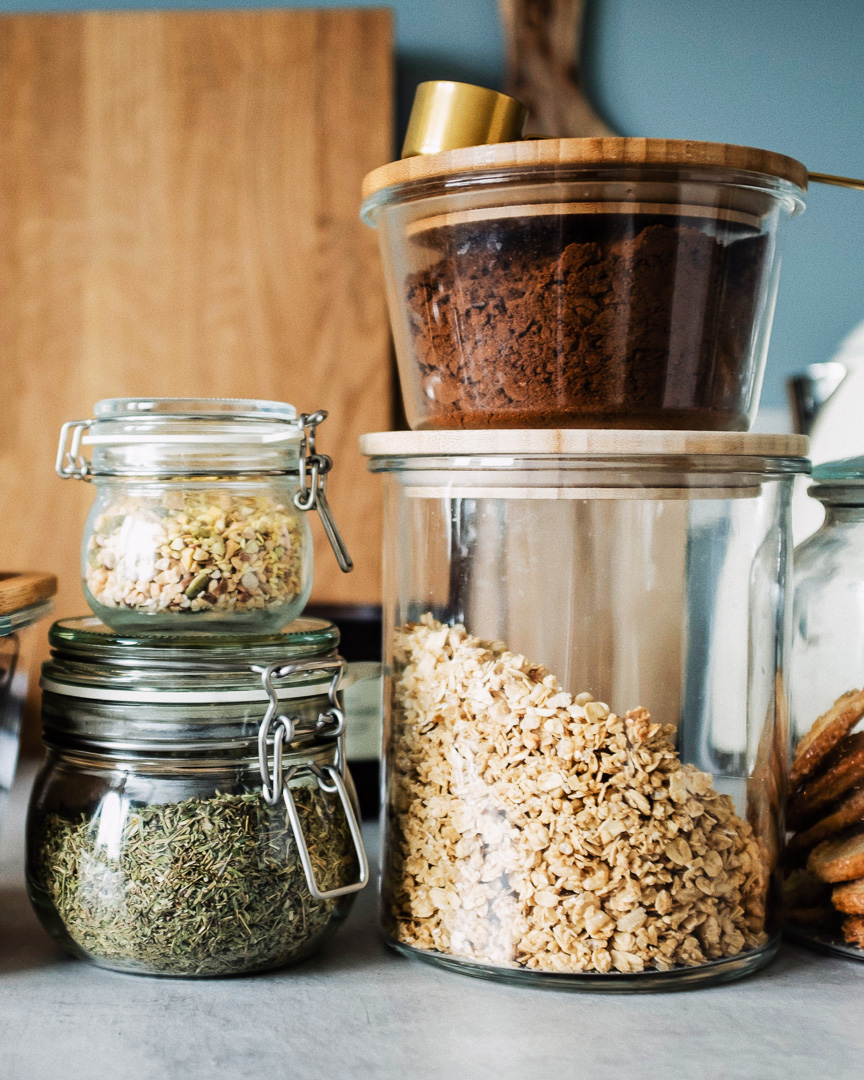
Parents who are looking to teach their children survival skills can take their kids hiking and camping. You can point out landmarks or other features to help your children find their way, if necessary. Teach them how to purify water and make fire. This will help them stay alive in the wilderness. Additionally, they will be able to keep their bodies healthy without eating too many junk foods. Are there other ways to teach survival skills for children?
Build a shelter in the wilderness
You know the difficulties of finding supplies if you have ever hiked into wilderness areas or camped in them. To survive, you must learn how to build wilderness shelters. This is a guide for wilderness shelter building. First, determine where you want to camp. You should choose a place that is far from major dangers. Look for a flat spot that is easily accessible to building materials.

Make a fire
A fire is an essential survival skill. However, it can be hard to light a flame in stressful circumstances. It is important to keep your head up because making a fire requires a lot of mental effort. Warm your hands to make it easier to light a fire. Cold hands are harder to light and can slow the process down. It can be helpful to practice in different conditions so you can relax when you need it. Make sure to prepare plenty of fuel to last you a while.
Find food
If you intend to spend any amount of time in the wild, it is essential that you learn how to find food. Many animals are creative in finding food. Birds can see up to 100 miles away and can reach for food using their talons. Learn how to locate and harvest food if you are ever out in the wilderness. By learning how to find food, you can stay alive for longer.
Purify the water
Knowing how to purify drinking water is an essential survival skill. But there are many other methods. Snow and ice are obvious sources of raw water, but you can also use the melting ice to make potable water. You can also harvest the freshwater from icebergs in case of an emergency. Although it is impossible to purify snow and ice water, you can use other sources like snow or condensation. No matter from where water is gathered, boil it to sterilize it and make it potable.
Identify and identify plants
Learning to identify plants is an important survival skill. If you're able to correctly use plants, you can get food, cordage and topical salves. You should be aware that learning to identify plants takes time and can yield temporary rewards. You can reap the benefits of learning how to identify plants correctly over time. This knowledge can also be very useful in the event of a natural catastrophe, where you will have no other option but to search for the plant that you have chosen.

Trust your instincts
Trusting your instincts is essential in times of emergency. Gut feelings are the first response to danger and may be the difference between life and death. These feelings are part and parcel of who you are. They can guide you to a better solution regardless of whether your intuition is based on common sense, or deep intuition. Here are three examples where it is important to trust your instincts.
FAQ
What is the difference between a folding knife and a fixed-blade knife?
Folding knives are compactly designed to fit into a pocket or backpack. When not in usage, the blade folds down.
Fixed-blade knives are made to be used in normal usage. These knives have longer blades that folding knives.
Fixed-blade knives offer greater durability but are less portable.
What should you do in a survival situation
There's not much time for you to think about what next. So you need to make sure you are prepared for anything. Be prepared to deal with any unexpected problem.
It is important to be flexible and willing to learn if you find yourself in an unfamiliar situation.
In a survival situation, you'll probably face problems like:
-
You feel trapped in remote locations
-
Getting lost
-
Having limited food supplies
-
Running out of water
-
Facing hostile people
-
Facing wild animals
-
Finding shelter
-
Predators can be defeated
-
Setting the flame
-
Tools
-
Building shelters
-
Hunting
-
* Fishing
How do you stay calm in a survival situation
You will do well in almost any situation if you have patience and calm. It's easy for people to panic in survival situations, especially when they are far from civilization. You can be calm and patient no matter what happens.
It is important to understand that you can't change the outcome of any situation. Only you have control over how you respond. In this way, you can still feel good about yourself even though you didn't accomplish everything you wanted to.
It is essential to keep calm and collected in an emergency situation. This includes being mentally and physically ready.
Mental preparation includes having a clear goal in mind and setting realistic expectations for yourself.
Physical preparation is ensuring you have enough food for the rescue and water.
After you have completed these two steps, you can begin to relax and enjoy your experience.
What are the basics of survival in the wild and what do they teach?
If you live off the soil, you must learn how to build a fire. Not just about lighting a candle, but also how to use friction and fire flint to start a campfire. You must also know how to not get burned by the flames.
You'll need to know how to build shelter from natural materials, such as trees, grasses, leaves, etc. For warmth at night you will need to learn how to best use these materials. And finally, you'll need to know how much water you need to survive.
Other survival skills
While these things can help you live longer, they won't be as important as learning how to light a flame. Although you can eat many different types of plants and animals, if your fire is not lit, you will be unable to cook them.
Also, you will need to be able to identify edible and non-edible food sources. If you don't know this, you may starve or become sick.
What are the essential survival skills?
Basic survival skills include the ability to hunt, fish and make fire. These skills are essential no matter where we live, but they become even more critical when traveling alone or in remote areas.
You can also learn survival skills such as self-defense techniques, navigation, communication and wilderness medicine. They are invaluable life-saving tools that should be mastered before venturing into the unknown.
In addition to these basic skills, many other valuable skills could prove useful while you are away from home. For instance, if your plans include hiking through the mountains, then you will need to know some mountaineering methods. If you want camping in the desert, you will need to know how to survive in extreme temperature. There are many different ways to prepare yourself for any situation.
What is your best survival tool in the event you lose everything?
The compass is a tool that tells us where north is. It also shows us the distance we have traveled since our origin point. If you're traveling somewhere with mountains, the compass may not always show you where you need to go. If you are in flat terrain, the GPS will often show you where to go.
If you don't have a compass, you could use an object such as a rock or tree for reference. Even though you still need a landmark to help you orient yourself, it's a good idea to have one.
Statistics
- The Dyrt PRO gives 40% campground discounts across the country (thedyrt.com)
- The downside to this type of shelter is that it does not generally offer 360 degrees of protection and unless you are diligent in your build or have some kind of tarp or trash bags, it will likely not be very resistant to water. (hiconsumption.com)
- Not only does it kill up to 99.9% of all waterborne bacteria and parasites, but it will filter up to 1,000 liters of water without the use of chemicals. (hiconsumption.com)
- In November of 1755, an earthquake with an estimated magnitude of 6.0 and a maximum intensity of VIII occurred about 50 miles northeast of Boston, Massachusetts. (usgs.gov)
External Links
How To
How to Find Edible Plants or Animals in Emergencies
In times of emergency, edible plants or animals are an important source of food. They should be included in your survival kit because they can provide nutrients and energy for you without access to normal foods. You can use them to make cosmetics, medicines, and other items.
You should know where these plants grow and what kind of conditions they like, such as soil type, climate, and weather. This information will help you quickly identify them. However, it's difficult to learn everything about every plant and animal species at once. Some general rules can be applied to all plants and animals.
If you see a plant, animal, or other living thing near water, it is likely that it prefers moist soil. If leaves have shiny surfaces it is likely that they have been recently watered. If you see ants near a plant, this means the plant is providing nectar for bees. These simple observations can save you valuable time in finding useful plants and animals during emergencies.
For more information on edible plants and animals, consult books written in Botany or Zoology by experts. Talk to rural people and watch documentaries. Learning about plants and animals isn't hard; just follow the steps below:
-
Look out for animals or plants that live near water.
-
Take note of the growth habits and characteristics of both plants and animals.
-
Learn about the natural habitats that plants and animals live in. You might be able to search for specific soil types, climates or vegetation.
-
Identify which parts of animals and plants you can eat.
-
Learn how you can cook both animals and plants.
-
So that you can get to know wild animals and plants better, try eating them.
-
Always be cautious when collecting wild plants or animals. Do not pick from endangered species.
-
Wild animals and plants must be stored properly. These plants and animals should be kept cool, dry, and out of direct sunlight.
-
Always wash your hands after handling wild plants and animals.
-
Before eating fruit and vegetables, wash them.
-
Avoid eating raw meat and fish unless you are sure it's safe.